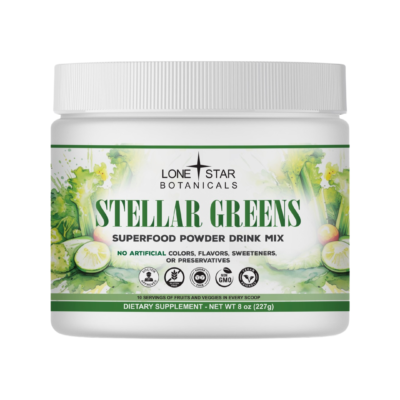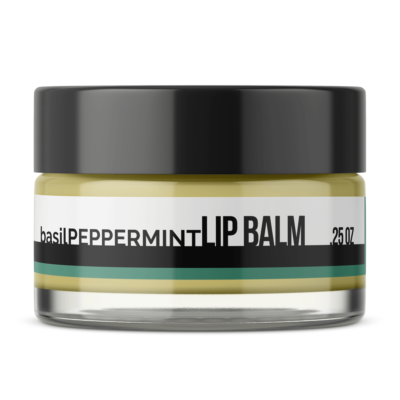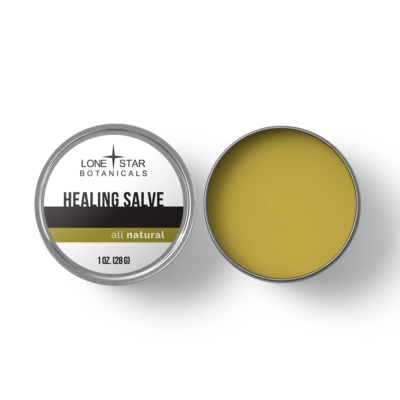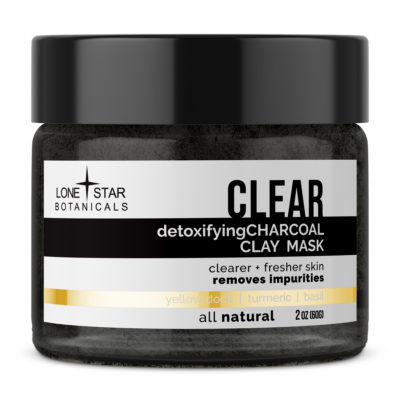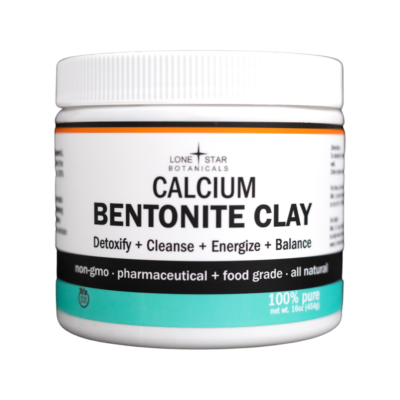Herbal tinctures and glycerites are two of the most popular methods of extracting and preserving herbal medicine. Tinctures and glycerites are both easy to make, and they each have their own advantages and disadvantages. In this article, we will share the benefits of each so you can choose which one is right for you and your needs!
What are Tinctures?
Tinctures are made by soaking the herbs in alcohol to extract the medicinal properties of the herbs. The alcohol helps to preserve the tincture for a much longer period of time than other methods. Tinctures are typically used for internal uses and can be taken orally or added to food or drinks. The alcohol can be harsh on the stomach and can have a strong taste, so it is important to make sure that the tincture is diluted before it is taken.
What are Glycerites?
Glycerites are made in a similar way to tinctures, but instead of using alcohol, glycerin is used. Glycerin is a vegetable-based sweetener that also helps to extract and preserve the medicinal properties of herbs. Glycerites are usually used for external applications like salves and lotions but they can also be taken internally But because of the nature of glycerin, they are not as effective as alcohol at extracting the medicinal properties of the herbs.
 Why Pick Each?
Why Pick Each?
Herbal tinctures are a great way to preserve herbal medicine and make it easier to take. Both are an excellent grab-and-go option for taking herbal remedies. Tinctures get you the strongest extraction for the most benefits. Glycerites are a great option for those who prefer a sweeter taste or for children. Glycerites are also a great way to extract the medicinal properties of herbs without the harsh taste of alcohol.
Selecting the Herbs
When selecting herbs for making tinctures and glycerites, it is important to consider the herb’s medicinal properties and flavor.
The first step in selecting herbs for making tinctures and glycerites is to decide which herbal properties are desired. Herbs can be categorized by their medicinal properties such as anti-inflammatory, anti-bacterial, or anti-fungal. It is important to consider the desired effect of the tincture or glycerite when selecting herbs. For example, if an anti-inflammatory tincture is desired, herbs such as turmeric, ginger, or marshmallow root would be good choices.
The next step in selecting herbs for making tinctures and glycerites is to consider the flavor. Many herbs have a strong flavor that may not be desirable when making a tincture or glycerite. For example, garlic and ginger have a pungent flavor that may be too strong for use with glycerin and may create an undesired flavor. Selecting herbs with similar effects but milder flavor, such as chamomile or lemon balm may be better choices.
By taking the time to research the herbs and their properties, it is possible to create effective and delicious tinctures and glycerites for use in herbalism.
How to make an herbal tincture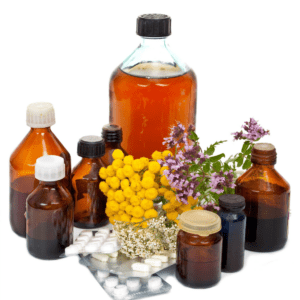
Make sure you have all the materials you need before starting the process. You will need an airtight container, the herbs or flowers you want to use, a high-proof, 80 proof or higher alcohol like vodka, everclear, brandy etc. and a strainer. Fill the container about 1/3 of the way full of herbs, but it depends on what you’re using. Combine the alcohol and the herbs in the container and seal them. The herbs should be completely covered in alcohol. The container can be small or large – it depends on how much tincture you want to make.
The herbs should be left to steep in the alcohol for at least two weeks, but it’s best to leave them to sit for a month to 6 weeks. The longer they sit, the stronger the tincture will be. It’s important to shake the container every few days to help the herbs break down and release the active ingredients. Strain the herbs out using the strainer. Pour the tincture into a different container, leaving behind the herbs. At this point, the herbs can be given back to the Earth and the tincture is ready to be used!
How to make an herbal glycerite
Again, gather up all your supplies. You will need the herbs or flowers you want to use, a large container, a vegetable glycerin and a strainer. Place the herbs and glycerin into a jar. Typically fill 1/3 of the jar with the herbs. They herbs should be completely covered in glycerin. Stir the mixture and let them combine for a few weeks. The longer it infuses, the stronger the glycerite will be, just like the tincture. It’s also important to stir the mixture often to help the herbs break down and release the active ingredients.
Once the time has elapsed and it has reached your desired strength, strain it using the strainer. Pour the glycerite into a large container, leaving behind the herbs in the strainer. Like the herbs left over from the tincture, give them back to the earth. Your glycerite is ready to be used!
Conclusion
In conclusion, both tinctures and glycerites are great options for extracting and preserving herbal medicine. It is important to understand the advantages and disadvantages of each method to determine which one will best meet your needs. Tinctures are great for internal use, while glycerites are great for both internal and external use. Both tinctures and glycerites help to provide you with the powerful benefits of herbs!



